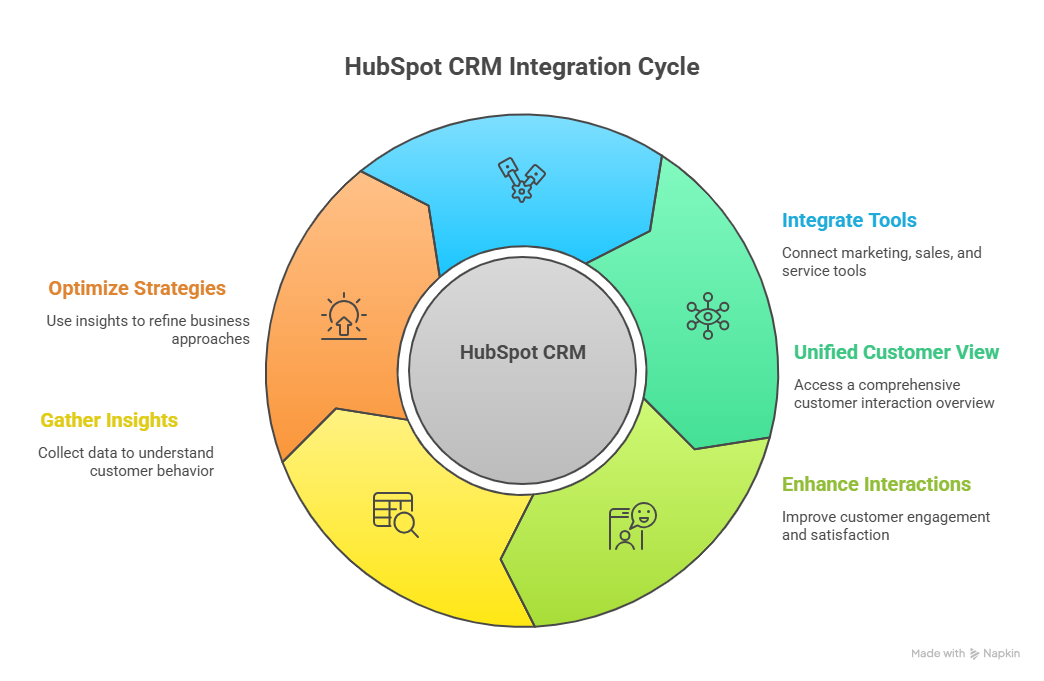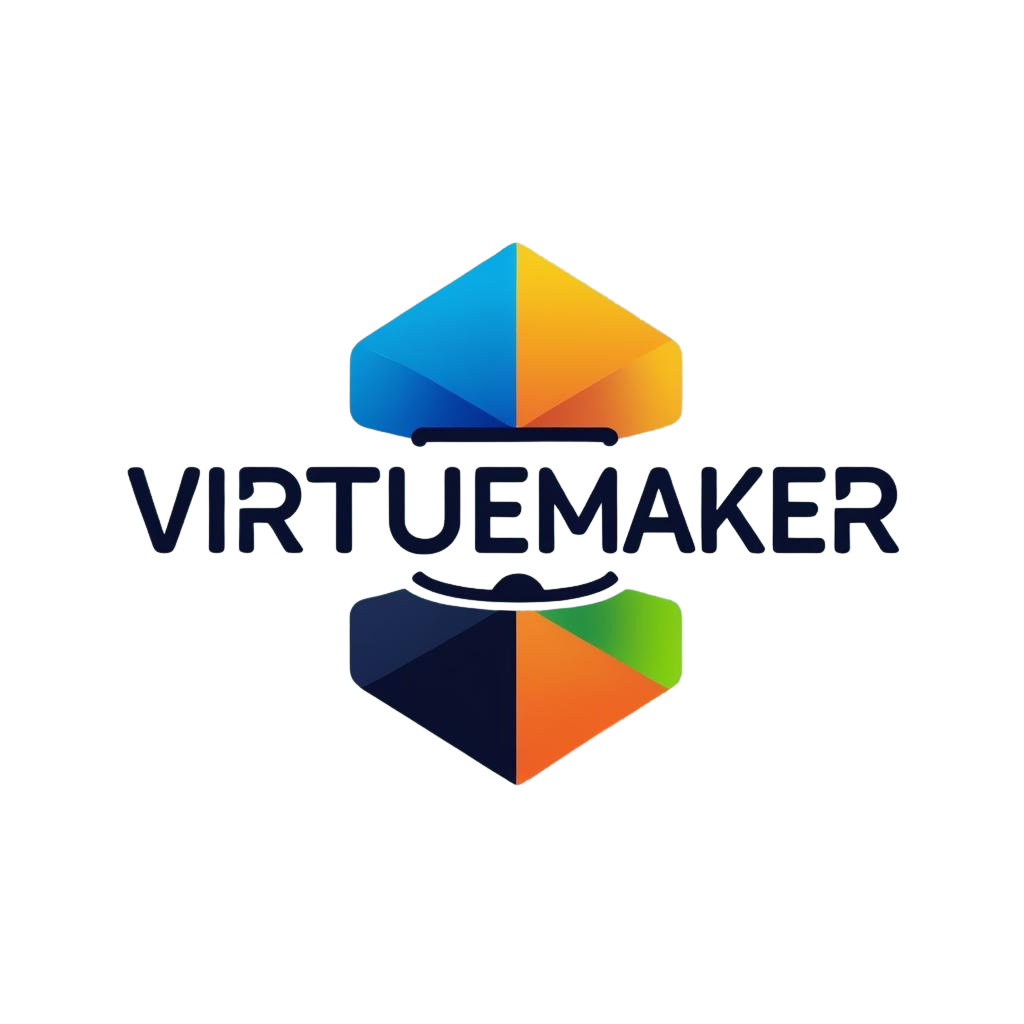In today’s fast-paced business landscape, integrating sales and marketing functions is crucial for success. Businesses are constantly seeking ways to streamline their processes, enhance collaboration between teams, and gain a holistic view of customer interactions.
A unified platform for sales and marketing can significantly improve efficiency, reduce costs, and drive more sales. By leveraging a customer relationship management system with marketing tools, businesses can manage their customer relationships and marketing campaigns from a single dashboard, making it easier to achieve their goals.
Did you know that companies using a crm with marketing features see a significant boost in productivity and sales alignment? This is because such systems provide a comprehensive solution that streamlines processes and enhances collaboration between teams.
Why Businesses Need Integrated Sales and Marketing Solutions
The traditional separation between sales and marketing departments can hinder a company’s ability to provide a cohesive customer experience. In today’s fast-paced business environment, having integrated CRM and marketing platforms is crucial for aligning sales and marketing efforts.
Breaking Down Departmental Silos
Departmental silos can lead to inefficiencies and a lack of cohesion in customer interactions. By implementing crm software for marketing campaigns, businesses can bridge the gap between sales and marketing, ensuring both teams work towards common goals with unified data and strategies.
Benefits of a Unified Customer View
A unified customer view provides businesses with comprehensive customer insights, enhancing collaboration and enabling more effective marketing strategies. This integrated approach allows companies to deliver personalized customer experiences, driving engagement and loyalty.
Top CRM with Marketing Features in 2023
As we dive into 2023, it’s clear that the most effective CRMs are those that seamlessly integrate sales and marketing functions. In this section, we will explore the top CRMs that offer robust marketing features, helping businesses to streamline their sales and marketing processes.
HubSpot CRM
HubSpot CRM is a popular choice among businesses due to its comprehensive suite of sales and marketing tools.
Overview
HubSpot CRM offers a free CRM platform that integrates with its marketing, sales, and customer service tools, providing a unified view of customer interactions.

Pros
- Free CRM Platform: HubSpot offers a free CRM that includes contact management, meeting scheduling, and email tracking.
- Seamless Integration: Integrates with other HubSpot tools and third-party applications for a holistic customer view.
- Robust Marketing Features: Includes email marketing, lead generation, and social media management tools.
Cons
- Cost: While the CRM is free, the marketing and sales tools can become expensive as your business scales.
- Complexity: The extensive features can be overwhelming for new users, requiring significant training.
Features
- Email marketing and automation
- Lead generation and scoring
- Social media scheduling and monitoring
Salesforce Sales Cloud
Salesforce Sales Cloud is a powerful CRM that offers advanced sales and marketing capabilities.
Overview
Salesforce Sales Cloud provides a comprehensive platform for sales teams, including tools for sales forecasting, performance tracking, and customer engagement.
Pros
- Advanced Sales Tools: Offers sophisticated sales forecasting, performance tracking, and customer engagement tools.
- Customizable: Highly customizable to fit the specific needs of your sales team.
- Integration: Integrates with a wide range of third-party applications, including marketing automation tools.
Cons
- Cost: Can be expensive, especially for small businesses or those with limited budgets.
- Complexity: Requires significant training and expertise to fully leverage its capabilities.
Features
- Sales forecasting and performance tracking
- Customer engagement and collaboration tools
- Integration with marketing automation tools
Zoho CRM
Zoho CRM is a versatile CRM solution that offers a range of sales and marketing tools.
Overview
Zoho CRM provides a comprehensive platform for managing sales, marketing, and customer support activities.
Pros
- Affordable: Offers a cost-effective solution for businesses of all sizes.
- Customizable: Highly customizable to fit the specific needs of your business.
- Integration: Integrates with other Zoho apps and third-party applications.
Cons
- Limited Advanced Features: Some advanced features are limited in the lower-tier plans.
- User Interface: Can be cluttered and overwhelming for new users.
Features
- Sales and marketing automation
- Customer support and ticketing system
- Integration with other Zoho apps
Keap (formerly Infusionsoft)
Keap is a CRM designed for small businesses, offering a range of sales and marketing automation tools.
Overview
Keap provides a comprehensive platform for managing sales, marketing, and customer support activities, with a focus on automation.
Pros
- Automation: Offers robust automation capabilities for sales and marketing tasks.
- E-commerce Integration: Includes e-commerce tools for managing orders and inventory.
- User-friendly: Provides an intuitive interface that is easy to navigate.
Cons
- Cost: Can be expensive, especially for businesses with a large number of contacts.
- Limited Customization: Some users find the customization options limited compared to other CRMs.
Features
- Sales and marketing automation
- E-commerce tools for order and inventory management
- Contact and lead management
ActiveCampaign
ActiveCampaign is a CRM that focuses on marketing automation, offering a range of tools for managing sales and marketing activities.
Overview
ActiveCampaign provides a comprehensive platform for marketing automation, including email marketing, lead scoring, and sales automation.
Pros
- Marketing Automation: Offers advanced marketing automation capabilities, including email marketing and lead scoring.
- Integration: Integrates with a wide range of third-party applications.
- Customer Support: Provides excellent customer support and training resources.
Cons
- Cost: Can become expensive as you scale your marketing efforts.
- Complexity: The extensive features can be overwhelming for new users.
Features
- Email marketing and automation
- Lead scoring and sales automation
- Integration with third-party applications
Conclusion: Selecting the Right Sales and Marketing CRM for Your Business Needs
Choosing the right CRM that integrates sales and marketing functions is crucial for businesses seeking to enhance customer satisfaction and drive sustainable growth. By evaluating your business needs and goals, you can select a CRM that aligns with your operations, such as HubSpot CRM, Salesforce Sales Cloud, or Zoho CRM, which offer advanced features for marketing and sales teams.
An effective crm for marketing and sales should provide a unified customer view, enabling businesses to deliver personalized experiences and improve customer engagement. When selecting an advanced crm with marketing features, consider the scalability, customization options, and integration capabilities to ensure it meets your business requirements.
By investing in the right CRM, businesses can streamline their sales and marketing efforts, improve customer satisfaction, and achieve sustainable growth. With the right CRM in place, businesses can make data-driven decisions, enhance customer experiences, and stay ahead of the competition.
FAQ
What is a CRM with marketing features?
A CRM with marketing features is a customer relationship management system that integrates sales, marketing, and customer service functions into one platform, enabling businesses to manage customer interactions and marketing campaigns more efficiently.
How do integrated sales and marketing CRMs improve business performance?
Integrated sales and marketing CRMs improve business performance by breaking down departmental silos, enhancing collaboration between teams, and providing a unified customer view, which leads to more personalized customer interactions, improved customer insights, and more effective marketing strategies.
What are the key benefits of using a CRM with marketing automation?
The key benefits of using a CRM with marketing automation include streamlined processes, reduced manual errors, increased efficiency, and the ability to personalize customer interactions at scale, resulting in improved customer engagement and conversion rates.
Can you recommend some top CRMs that combine sales and marketing functions?
Some top CRMs that combine sales and marketing functions include HubSpot CRM, Salesforce Sales Cloud, Zoho CRM, Keap, and ActiveCampaign, each offering unique features, pros, and cons that cater to different business needs.
How do I choose the right CRM with marketing features for my business?
To choose the right CRM with marketing features, consider your business needs, goals, and operations, and evaluate CRMs based on their marketing capabilities, ease of use, integration with other tools, and overall value for money, ensuring alignment with your specific requirements.
What is the importance of a unified customer view in CRM?
A unified customer view is crucial in CRM as it provides a single, comprehensive overview of customer interactions, enabling businesses to deliver personalized experiences, improve customer satisfaction, and drive sales growth.
Are there any CRM systems that offer advanced marketing features?
Yes, several CRM systems offer advanced marketing features, including marketing automation, lead scoring, and campaign management, such as HubSpot CRM, Salesforce Sales Cloud, and ActiveCampaign, which help businesses optimize their marketing efforts and improve ROI.

